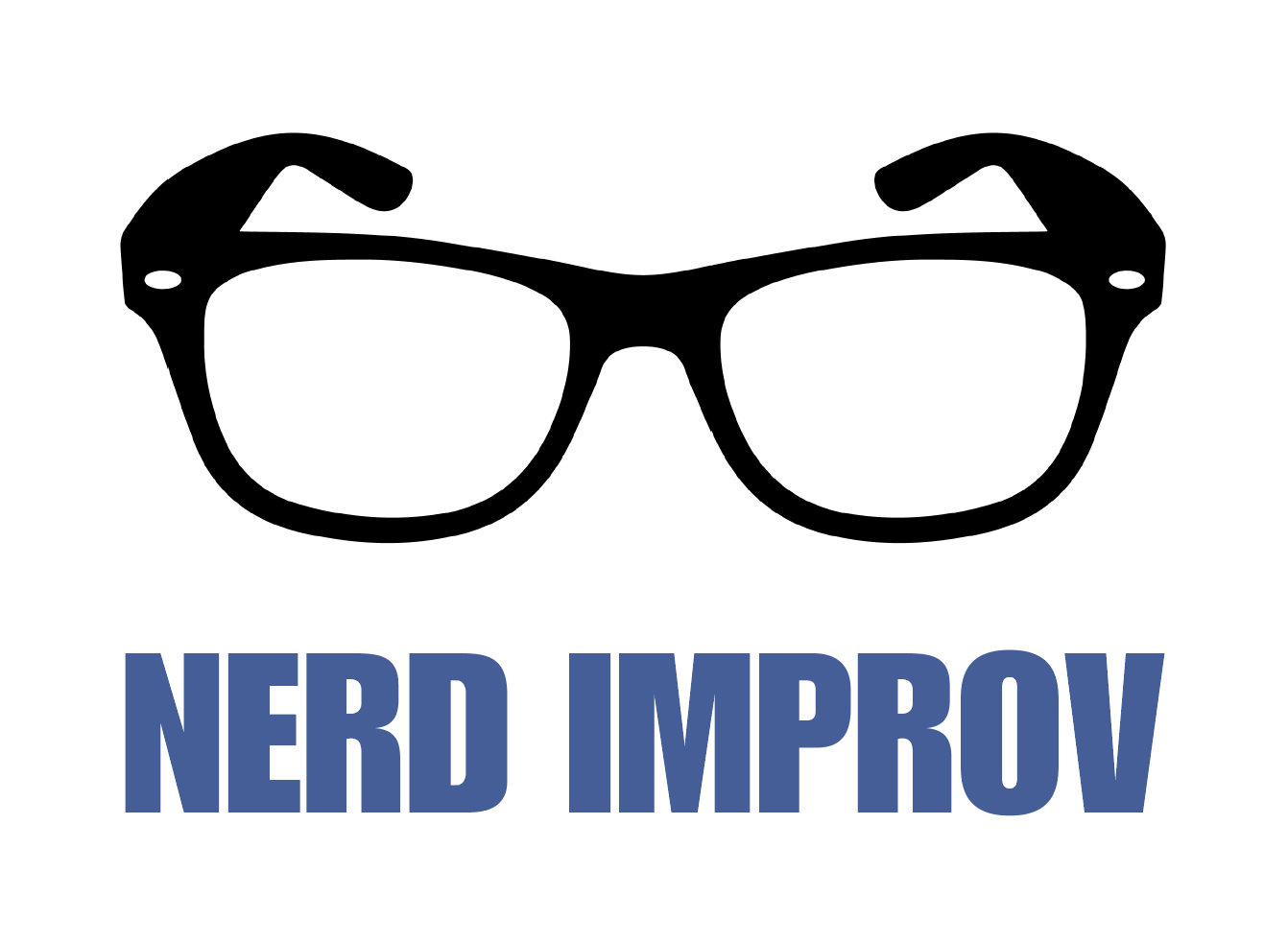For Some Coders, Reskilling Involves a Mic and a Stage
Wall Street Journal [May, 2019]
We can appreciate this article showcasing the power of improv as it applies to coders and executives alike in the tech environment.
While it may come as a surprise to many, there is a correlation between coding and improv. Improv is often seen as a creative free for all where anything goes. Actors are thrown on stage and somehow, miraculously, they develop an impromptu scene. While yes, that is in fact what we as improvisers do, there is also a learned practice behind how we play on stage. In fact, much like coding, there is heavy logic that drives how improvisers compose their scenes. Improv has structure. The collaboration and witty responses that you see on stage are developed through a framework of rules that help build a storyline and a set of relationships between characters. These rules also help establish a safe space, where scene partners feel more comfortable taking risks knowing they will be supported.
Improv is both a language and a weapon. It is a tool with which one can learn important communication dynamics such as active listening and acknowledgement. It is also a tool with which one can unleash their creativity and boost their confidence through trial and error. One can appreciate the correlation that this article’s author draws between finding a missing piece a code and cracking the right joke. Both require an acute understanding of the larger system/narrative, and both feel like winning the lottery.
Finally, improv encourages us to take a risk and try something new. In a field like coding where new territory is charted daily, it is only through the process of making mistakes that one can learn what works and what doesn’t work. So long as we are driven to learn and open to making mistakes, Improv can be a tremendous teacher.
